
Seizures represent a sudden flow of electrical activity in the brain which affects certain parts of the body or the entire body. Seizures are a part of a condition called epilepsy. They may, however, develop as a symptom of other illnesses such as brain tumors or develop as a complication of head trauma and brain injuries.
Drug addiction is associated with many health issues and additional social and economical problems. As far as health is concerned, in some individuals, drug abuse may be a trigger of seizures. It is also possible that sudden drug discontinuation (also known as withdrawal symptoms) in case the addiction has already developed initiates seizures. All in all, there is a connection between abuse of certain substances and the development of seizures.
Seizures are fairly common among people who suffer from drug addictions. They can be caused directly by either drug intoxication itself or withdrawal from a drug (especially when sudden rather than gradual), or induced by related mechanisms such as stroke or infections resulting from unsafe drug use.
Seizures caused by Drug Abuse
People who are already confirmed to suffer from epilepsy as well as those with other illnesses in whom seizures occur but are brought under control with antiepileptic drugs must be very careful when taking certain substances, not to mention developing a serious drug addiction. Antiepileptic medications that patients are taking may interact with taken illicit substances and easily induce seizures.
Illicit Drugs and Seizures
Cocaine is a very potent drug when it comes to its potential to induce seizures. It can trigger seizures easily even within seconds after being taken. Seizures associated with cocaine abuse are severe and may additionally contribute to a person's risk of heart attack, arrhythmia, and sudden death. It is essential to note that seizures associated with use of cocaine may occur even in individuals who have never had seizures before. Any amount of cocaine taken poses a danger.
Amphetamines and similar stimulants are also potential triggers of seizures, but only if they are abused. People who take amphetamines may easily forget to take their seizure medicine because of euphoria caused by the illicit drug. If an antiepileptic drug is not taken on time, the chance of seizures increases significantly. Some researchers have confirmed that long-term use and abuse of illicit stimulants has the potential to cause severe damage to the brain and may, at some point, be blamed for the onset of seizures.
THC, the active ingredient of marijuana, has both anti-seizure as well as seizure-provoking properties. Because of that, marijuana is forbidden for individuals suffering from seizures, whether because of epilepsy or another cause. Also, continuous use of marijuana and its abrupt cessation may initiate seizures in previously healthy individuals.
Heroin as well as related narcotic-drugs are not capable of initiating seizures in people suffering from epilepsy. However, it is possible for them and even healthy individuals to develop seizures in case of taking huge amounts of narcotics because they cause severe oxygen deprivation to the brain, a known and powerful trigger of seizures.
Nicotine and Caffeine and Seizures
Even though nicotine and caffeine use is discouraged for people who have epilepsy, these two legal drugs seem not to have any connection with the onset of seizures. It is hard to tell whether consumption of large amounts of products containing caffeine may initiate seizures. Nicotine is, however, a potential precipitant of seizures.






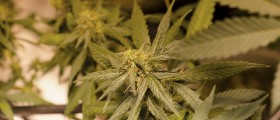
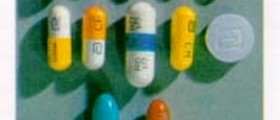
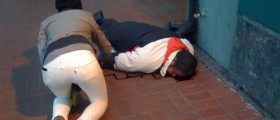
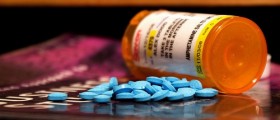


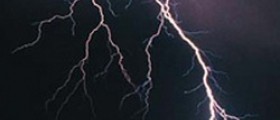




Your thoughts on this
Loading...